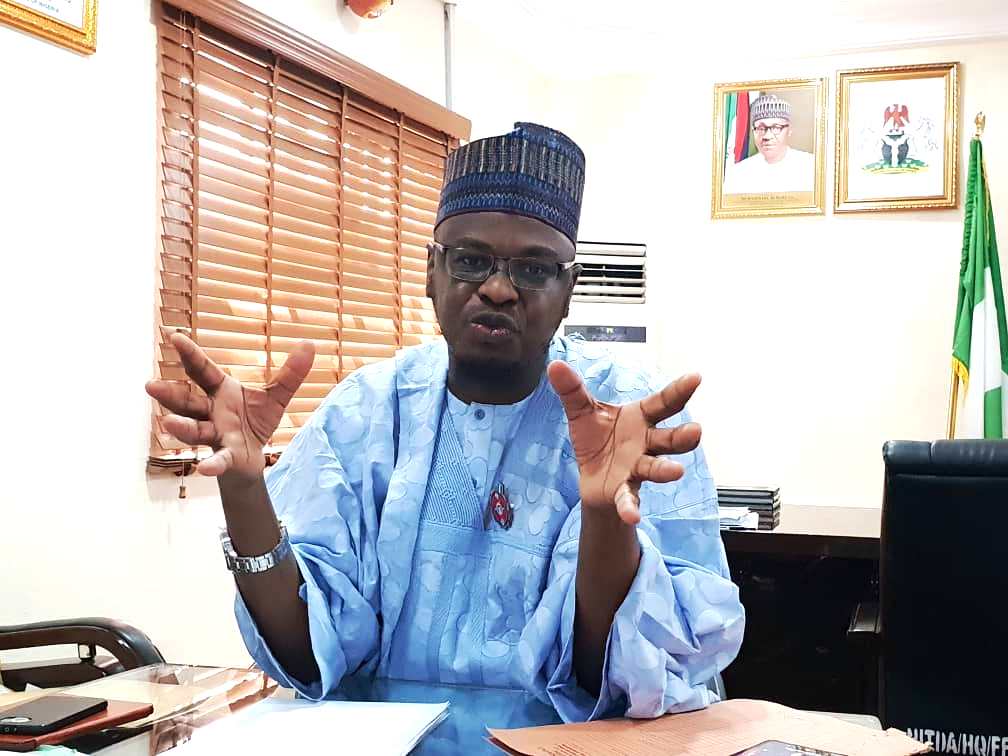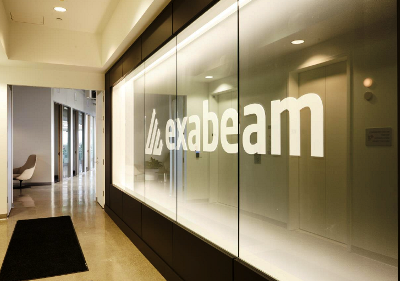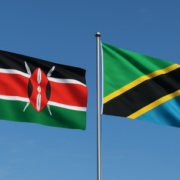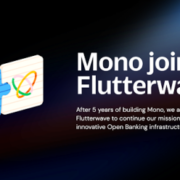Stakeholders are critical to achieving broadband targets, Minister of Communications and Digital Economy, Dr. Isa Ali Ibrahim Pantami, has reaffirmed at a recent virtual meet on achieving the New National Broadband Plan (NNBP) 2020-2025. The event was organised by Association of Telecommunications Companies of Nigeria (ATCON), the umbrella organisation of telecommunications companies in Nigeria.
Stakeholders‘ engagement ended RoW siege, others
According to the minister, the end to over a decade old right of way (RoW) siege across the states, the increasing fall in data price, and the growing broadband penetration could be attributed to growing rapport among stakeholders.
Pantimi who was making a keynote presentation at the stakeholders’ forum said the successful implementation of the NNBP depends on how much of continuous stakeholders engagement was involved. Everyone must be taken along, he told the audience of operators, regulators, government officials, telecom experts and heads of ICT businesses.
His words: “Bearing in mind the need for continuous engagement with stakeholders, I have had a number of strategic engagements with key stakeholders to ensure the smooth implementation of the Plan.
“For example, I had an engagement with the members of the Nigeria Governors’ Forum (NGF), facilitated by the Chairman of the Forum- the Ekiti State Governor, Dr Kayode Fayemi. The meeting took place on the 22nd of January 2020 and I was accompanied to that meeting by the Chief Executive Officers of Nigerian Communications Commission (NCC) and the National Information Technology Development Agency (NITDA), as well as the Chairman of the Broadband Plan Drafting Committee and CEO of Main One- Engr Funke Opeke.
“At that meeting, I made a presentation on the benefits of broadband and requested the buy-in of the governors for the implementation of Broadband Plan and the Digital Economy Policy for a Digital Nigeria, The governors unanimously agreed to adopt a maximum of N145/linear metre. Some of the governors have even waived this amount altogether. Many of the governors have begun full implementation and some have notified us in writing.
Engaging with the governors as critical stakeholders helped to achieve a great bounce for the sector and ended one of the thorny issues in the sector that lasted more than a decade.
In the minister’s own words: “Our engagement with the Nigeria Governors’ Forum in January 2020 has inspired several state governments to adopt the N145/meter and a few of these states have even waived the fee altogether.
Also, “the average cost of 1GB of data has reduced from the January 2020 cost of N1, 000 to N487.18 in November 2020, surpassing the target of achieving N700/1GB by 2023.
“Furthermore, the telecommunications sector recorded a growth rate of 15.90% in the year 2020 from 11.41% in 2019 and 11.33% in 2018, making it the highest growth rate in the last 10 years. This performance is unprecedented.”
The NNBP “outlines a trajectory for significantly improving the broadband penetration in Nigeria over a period of 5 years. It replaced the initial Broadband Plan which expired in 2018.
“The new broadband plan seeks to deliver data download speeds across Nigeria at a minimum of 25Mbps in urban areas, and 10Mbps in rural areas, with effective coverage available to at least 90% of the population and penetration rate of 70% by 2025 at a price not more than N390 per 1GB of data (2% of median income or 1% of minimum wage).
“The Plan targets the deployment of nationwide fibre coverage to reach all State Capitals, and provision of a point of presence in at least 90% of Local Government Headquarters. It also targets tertiary educational institutions, major hospitals in each state and fibre connectivity at statutory rates of N145/meter for Right of Way (RoW).”
Ministry committed to a multi-stakeholders approach
To achieve these plans, Pantami reiterated the commitment of his ministry to a multi-stakeholders approach t resolving the industry’s challenges.
“There is a critical need for deliberate efforts by all stakeholders towards ensuring that the targets set in this plan are realized. This stakeholders’ engagement is a good step in the right direction towards achieving this as we strive to position our country to enjoy the benefits that ubiquitous nationwide broadband will provide.”
Even as issues are resolved, it requires continuous stakeholders’ engagement to resolve newer aches.
His words: “We received reports that some states have introduced some extraneous charges that have increased the [RoW] charges beyond the amount agreed. We are discussing with states involved in such cases, with a view to addressing the disparity.





























